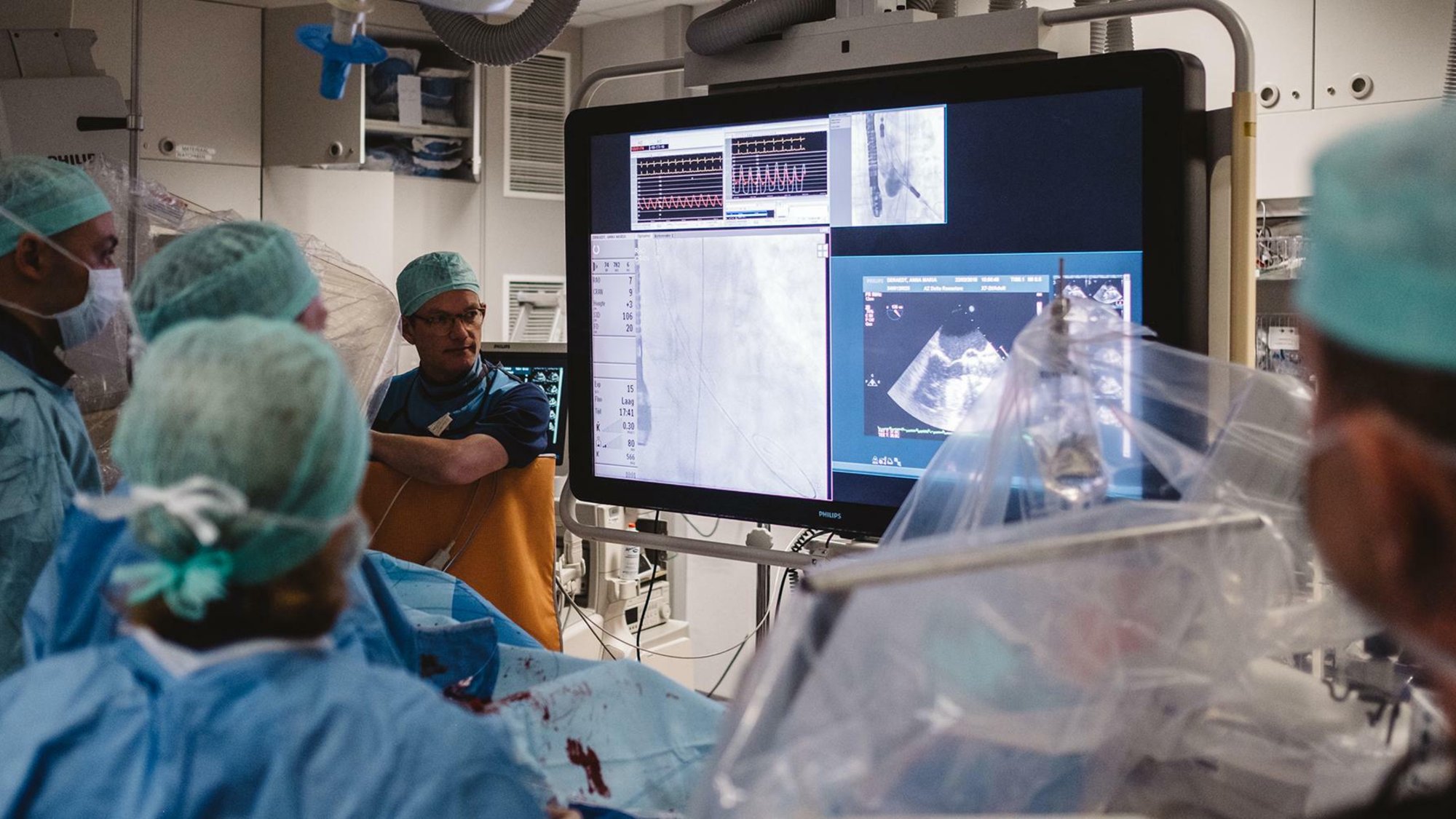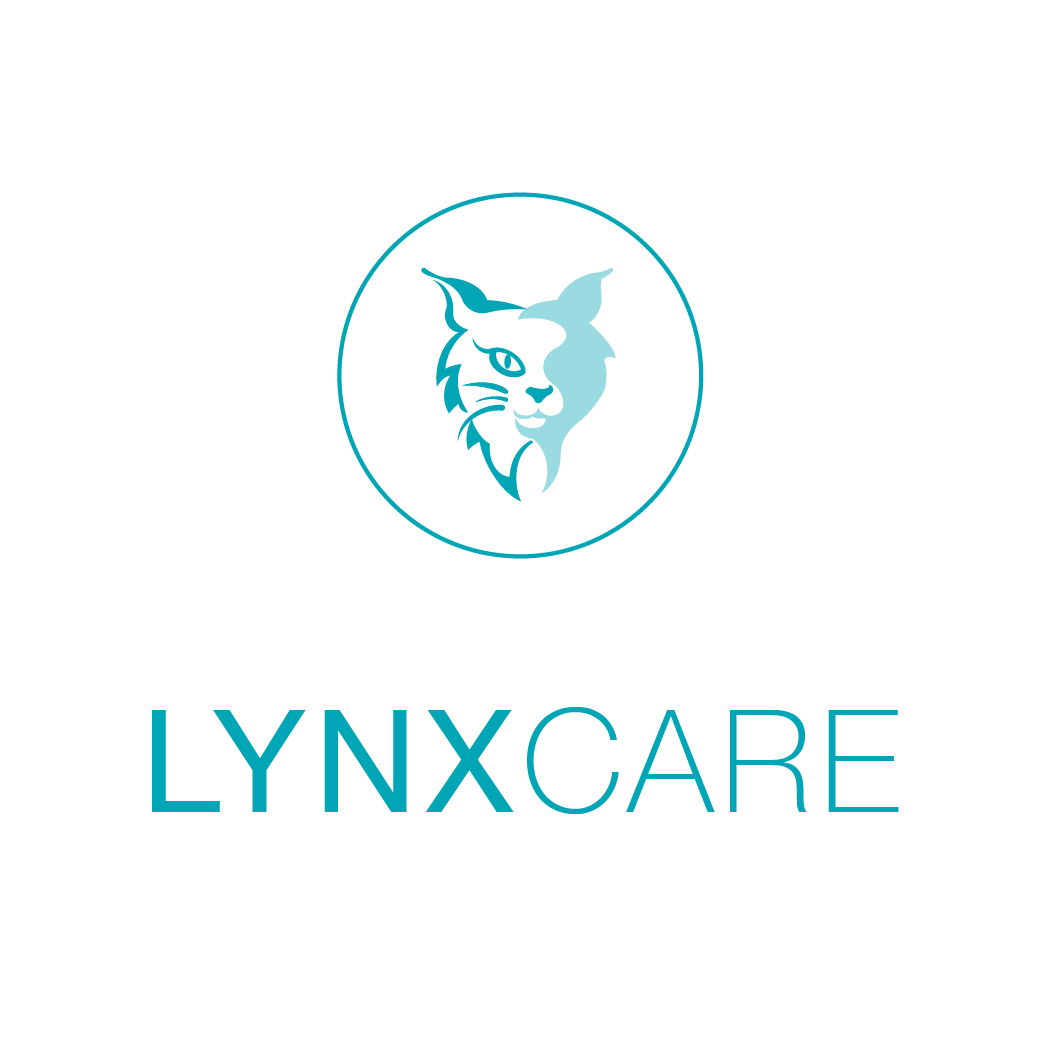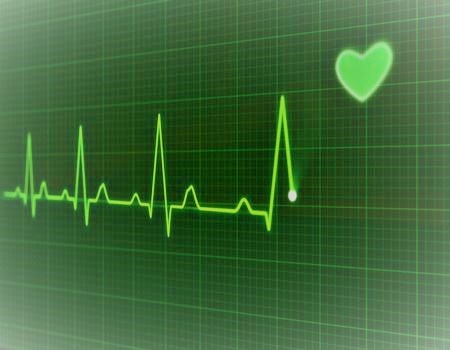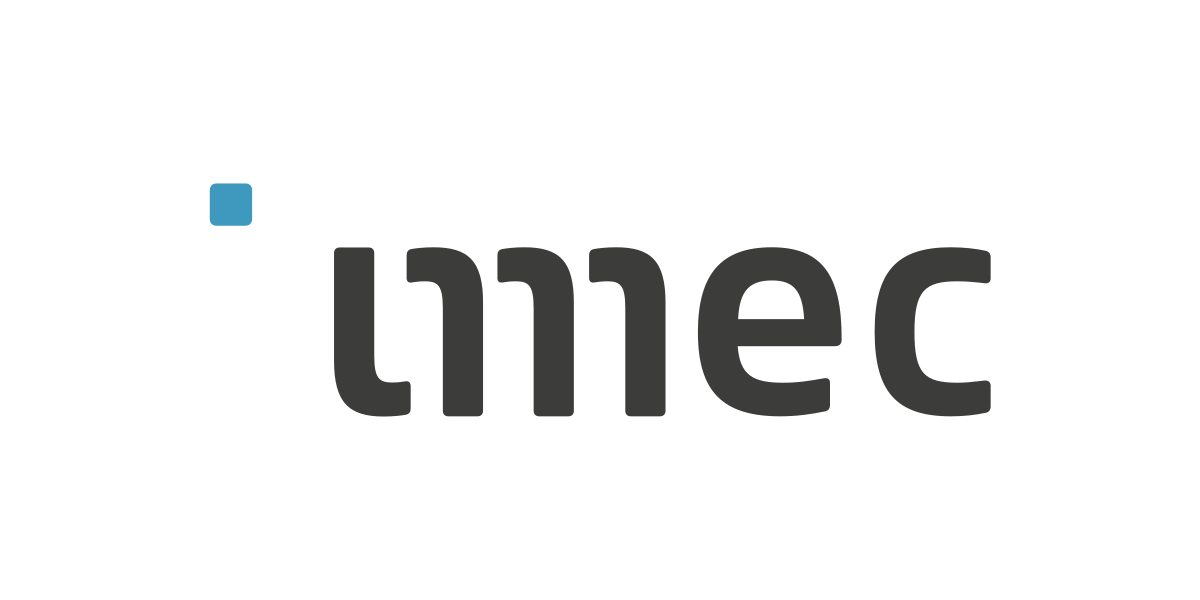AI helps cardiologists
Artificial intelligence (AI) can analyze patient data real-time, so that physicians can easily monitor and compare the outcomes of surgeries. "With AI we can now identify groups of patients and objectify the results of different treatments. This allows us to evaluate how we perform in comparison with other heart centers and how we can improve."
 Source: Microsoft
Source: Microsoft
Medical science is progressing and surgery methods are continuously evolving. For example, heart valve surgery via the groin (percutaneous aortic valve intervention / TAVI) has been on the rise in recent years, because the recovery period has shown to be shorter and the intervention for the patient less severe. But are such new, expensive methods as successful in clinical practice as scientific studies suggest? And do such innovative techniques ensure less mortality? And are the results comparable in different hospitals?
"That kind of information is crucial for all members of our multidisciplinary team of doctors, nurses and paramedics to further improve our care," says Cardiologist Karl Dujardin of AZ Delta in Roeselare.
But even if it seems simple to ask, until recently it was almost impossible to answer these questions, he says. Of course he and his colleagues kept records of their patients, but a total overview was missing.
If Dujardin and his team wanted to know the average age of their patients, or the percentage of successful procedures, they had to enter information from separate files manually into Excel. "That took a lot of time, and we could only compare one aspect at a time."
Intelligent software
Dr. Dujardin speaks in the past tense: now that his department uses Lynxcare's intelligent medical software, he can consult the statistics of all his clinical surgeries at any time; such as successful surgeries, mortality rates, median patient age, condition of patients before and after the procedure.
The Belgian medical start-up Lynxcare developed a method of data extraction (Clinical Natural Language Processing & Machine Learning). The software operates in the cloud environment of Microsoft Azure, where health data can be consulted by surgeons and are safely processed in accordance with all privacy regulations. In addition, the application perfectly integrates with the electronic patient file that will soon be implemented hospital-wide in AZ Delta in Belgium.
The Lynxcare technology can automatically read, process and code surgery and consultation reports, clinical notes ... All that information ends up in a database that is updated in real-time, says Dujardin from behind his desk in his consultation room in the cardiology department. As a basis, he used the criteria from a large Dutch study of valve surgeries, so that the data from AZ Delta can be compared with the statistics of the Dutch heart centers; such an integrated benchmark does not exist in Flanders.
Aortic valve surgeries in the past
Dujardin is part of a multidisciplinary team of cardiac surgeons, cardiologists and cardio anesthesiologists, which deals with patients with heart valve problems. The team has a special expertise in treating the old diseased heart valve, whereby a new valve is inserted into the groin via a catheter. "The old valve is actually being pushed away," he explains.
The software extracted and processed all documents from patients who received a new aortic valve in the past seven years. Dujardin: "This system can extract the information -even from scanned documents- and process it directly in an analytical model. That's unbelievable, isn't it? It saves us a lot of time as we can now immediately start with the statistical analysis and we don't have to deal with all these scattered databases. "
Insights in surgery risks
Dujardin now has much more insight into the risks of the various interventions. He now exactly knows the complication rate in his cases, and if these complications happened shortly after surgery, or only a few years later. But he also has detailed information on the mortality rate and outcome of each patient group.
"With the application of Lynxcare we collect information about indication, treatment and follow-up that is essential to improve our clinical surgeries," says Dujardin. "Such a permanent measurement and improvement system is the basis for quality care that is AZ Delta's strategic priority."
And the artificial intelligence of Lynxcare offers the cardiologist even more possibilities. He can now see at a glance how a group of patients with very specific characteristics perform before, during and after a specific procedure.
Currently the aortic valve procedure via the groin is only available for patients who are not suitable for surgery. "These data provide us arguments to consult the health insurance funds about the reimbursement conditions for this expensive procedure. The groin surgery could be potentially life-extending and life-enhancing for a larger group of people - for example the group with an average risk, who had undergone heart surgery before. "
Longer survival rates
Almost ten percent of the latter category of patients now dies within a few years after open-heart surgery. "The question is ultimately: would patients with an average surgical risk have better chances of survival with an aortic valve replacement via the groin? We can now use AI to identify a group of patients that you would actually like to test. "
These insights are of utmost importance now that the average life expectancy is increasing, and the number of people with a narrowed heart valve is going up. It also concerns elderly people who usually suffer from other diseases, but who are still in a good condition for a number of years, Dujardin emphasizes. "Because the costs of surgery are high, it is important that we can make good, realistic considerations based on reliable, real-world evidence data. We are no longer solely dependent on the insights from scientific studies, but can now base our decisions on thorough, real-life data. "
Hesitation overcome
Dujardin and his team initially had to overcome a slight hesitation when using artificial intelligence, he admits. Is that technology just as precise as a doctor who enters data? Therefore, they did a manual check with a number of patients, whose files were read by Lynxcare. "It was a good match", says the cardiologist, who has now won a lot.
He is extra pleased with the fact that he now has the evidence that the heart care of AZ Delta is just as good as the Dutch heart centers, that follow-up on surgeries using the same criteria. "We can now communicate transparently about this with our patients."
Source: De Tijd, https://www.tijd.be/connect/takethelead/2018/microsoft/AI-helpt-cardiologen-met-de-resultaten-van-hartoperaties/9997532






